Civility at Work
All the worlds a stage,And all the men and women merely players:They have their exits, and their entrances;And one man in his time plays many parts.- William ShakespeareAs the debates on immigration policies at the United States border heated up last week, so did several public events that challenged the notion of civility. First, Homeland Security Secretary Kirstjen Nielsen was heckled by protesters while eating at a Mexican restaurant in Washington, DC. It became news when protestors uploaded a video of the incident. Days later, White House Press Secretary Sarah Huckabee Sanders was refused service and politely asked to leave a restaurant in Virginia. That story spread widely after she tweeted about the incident.In each case, debates about civility started erupting. The Washington Post Editorial Board published an opinion piece, arguing to let them eat in peace. They write, "Those who are insisting that we are in a special moment justifying incivility should think for a moment how many Americans might find their own special moment. How hard is it to imagine, for example, people who strongly believe that abortion is murder deciding that judges or other officials who protect abortion rights should not be able to live peaceably with their families?"Several liberal activists on the other side have taken a different position, accusing conservatives for violating a double standard. Adam Best writes, "Conservatives called the Obamas monkeys, questioned Barack's birth certificate, used Seth Rich's death to smear Hilary and elected a man who bragged about sexual assault. Their call for #civility is equal parts laughable and infuriating."Stepping back, I started wondering: What is civility and who gets to define what is or isn't civil? In practice, being polite depends both on intention, the impact of behaviors on the other party, and a set of expectations for what the "proper" way to behave is. However, what is considered proper can vary from group to group, much in the same way that offensiveness may differ from the speaker to the listener (or other speakers and listeners). In that sense, civility depends on the social roles that we adopt and whatever social situations we find ourselves in. These are social norms.Norms, the ideas of what types of behavior are acceptable, exist for every social group. The aim of social norms is conformity to rules both states and unstated (be it "manners," medical treatment, or even a joust). People internalize social norms that emerge from specific needs. Generally, these norms develop over time from social groups but are largely driven by power and influence. These norms, as well as the social roles that uphold them, are extremely powerful. The Stanford Prison Experiment confirms people will conform to social roles, especially if they are strongly stereotyped - in other words, the behaviors are based more on situation rather than on disposition.So where does that leave civility and politics at work?It's possible that given the passionate responses around the social issues in contention, that people are acting in their exact social roles: protestors who see the uncivil behavior of a president (and their staff) and responding in kind, exacting dishing out discomfort to move the needle of justice. In response, government officials and Trump sympathizers condemning those behaviors while ignoring the social injustices that are spurring those actions. Each side further justifies their own behaviors by condemning the uncivil other, but neither getting closer to the goal of influencing the other.Coincidentally, civil servants are not servants of civility. Those who are critical of these actions are missing the point: norms are being broken to show that society is broken. We can wholeheartedly do this while exemplifying compassion to do so. That means taking actions not only in the immediate, but in the long view of justice, by winning over those who we disagree with. To some, this idea of extending a hand to the other side is extremist. To me, it's survival. It's working in the full confidence of our values and knowing that justice is for everyone.Remember, it's about breaking social norms and not playing into them. Then, breaking the system that upholds those norms.When charged with accusations of being extremist, Dr. Martin Luther King Jr. eloquently wrote:But though I was initially disappointed at being categorized as an extremist, as I continued to think about the matter I gradually gained a measure of satisfaction from the label. Was not Jesus an extremist for love: "Love your enemies, bless them that curse you, do good to them that hate you, and pray for them which despitefully use you, and persecute you." Was not Amos an extremist for justice: "Let justice roll down like waters and righteousness like an ever-flowing stream." Was not Paul an extremist for the Christian gospel: "I bear in my body the marks of the Lord Jesus." Was not Martin Luther an extremist: "Here I stand; I cannot do otherwise, so help me God."

